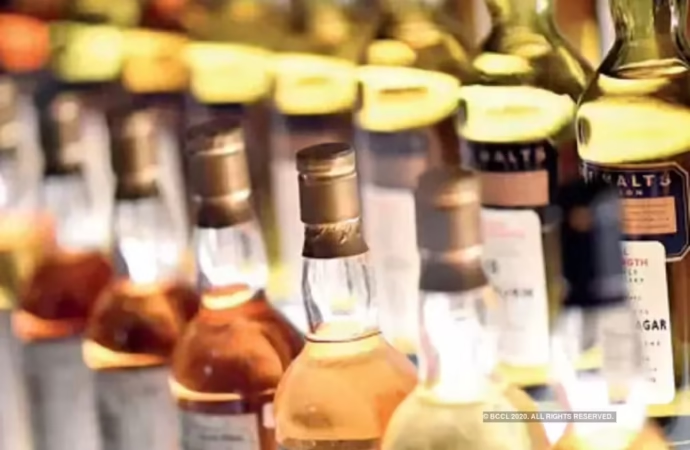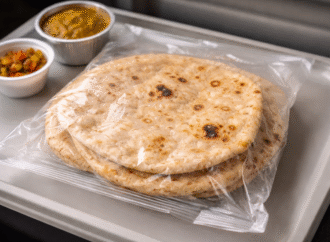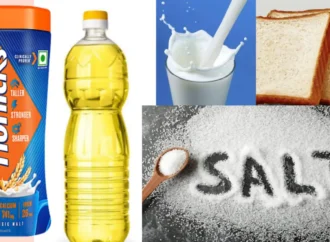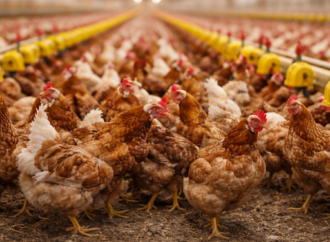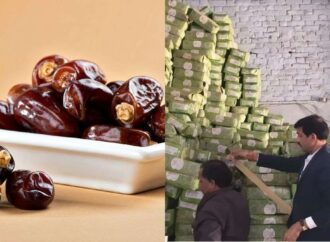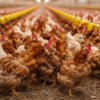Report
The Food Safety and Standards Authority of India (FSSAI) has released updated regulations for alcoholic beverages, set to take effect on January 1, 2026. The First Amendment to the Food Safety and Standards (Alcoholic Beverages) Regulations, 2018, modernises definitions, adds new categories, and formally recognises traditional Indian liquors. FSSAI finalised the rules after a public consultation in May 2023, incorporating feedback from industry stakeholders.
Clear Definition for Ready-to-Drink (RTD) Alcohol
FSSAI now defines RTD alcoholic beverages as drinks with 0.5% to 15% alcohol by volume, made with natural or artificial flavours, fruit juice, herbs, sugar, salt, and carbonation. Carbonated RTDs must meet set CO₂ levels to ensure safety and consistency.
Revised Standards for Indian Liquors
The new rules clearly define two types of Country/Indian Liquors:
-
Plain Liquor: Made by distilling jaggery, fruits, cereals, mahua flowers, palm sap, etc.
-
Blended Liquor: A mix of distilled alcohol with rectified or neutral spirits.
This aims to improve quality control across traditional spirits.
Mead (Honey Wine) Now Recognised
FSSAI has added mead—fermented honey and water—to the fruit wine category, with alcohol content ranging from 4% to 15.5%. The update expands recognition beyond grape-based wines.
New Category for Nitro Craft Beer
The amendment introduces Nitro Craft Beer, brewed using a nitrogen-CO₂ gas blend. This gives the beer a creamy texture and supports innovation in India’s growing craft beer segment.
Traditional Indian Liquors Get Formal Recognition
FSSAI has listed regional and tribal alcoholic drinks under Annexure-1, preserving India’s heritage while ensuring regulatory clarity:
-
Table I – Distilled Liquors (e.g., Mahua, Raksi, Toddy)
-
Table II – Undistilled Liquors (e.g., Angoori, Chulli)
-
Table III – Traditional RTD Beverages (e.g., Apong, Chhang, Zutho)
Other Changes
FSSAI has also updated ingredient standards, processing methods, and labelling norms. However, products already regulated under other laws remain outside the scope of these changes.
Summary
FSSAI’s 2025 amendment modernises alcohol regulations by recognising emerging beverage trends like RTDs and Nitro Beer while protecting India’s traditional brews. The changes reflect a strong push toward food safety, clarity, and inclusivity in the evolving alcohol market.
Source: Food Tech News
 Food Manifest
Food Manifest 